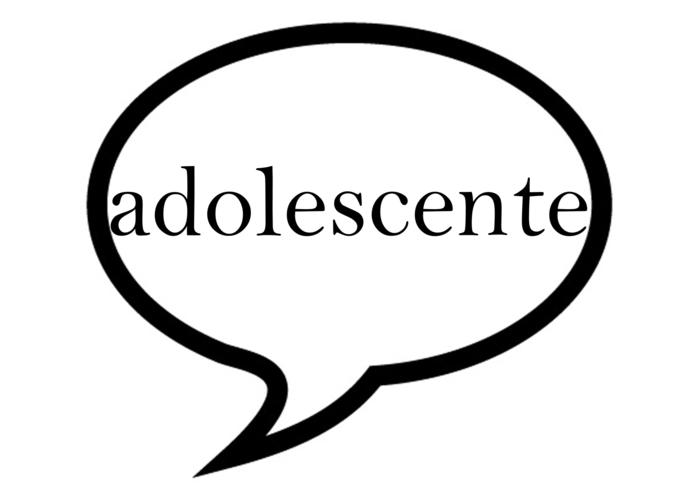'I was twenty years old: I will not allow anyone to say that it is the most beautiful age of life': is the dazzling attack of the novel by Paul Nizan 'Aden Arabia', an obligatory reference when talking about the difficulties of adolescence and of the gigantic, conflicting and often uncontrolled feelings that are experienced in this age.
Good passepartout quote for the start of a dark and dated film like 'Avere twenty years' by Ferdinando Di Leo but also for the trace of a maturity theme (it was used in 2012).
Who knows if Professor Keating, the Robin Williams of the fleeing Moment, was also thinking of Aden Arabia, as well as of course Horace, when he invited his students to take their lives in hand without hesitation, despite the difficulties of an overwhelming hormonal storm.
Listen to "Word of the week: teenager (by Massimo Sebastiani)" on Spreaker.
Teenagers are appealed to almost always and almost anything.
In general, reasonableness, caution, moderation are required: from evening and night outings, to the assiduous study up, today, to a behavior that protects them from the attack of the virus.
Basically, they are asked the opposite of why they exist, in contrast to their own physiology and biological conformation, of which the so-called hormonal storm, and therefore sexuality, is only one of the many aspects.
Meanwhile, adolescence is not a recent invention or even more considered than in the past.
Certainly more studied, but this is a different matter.
Greeks and Romans held adolescence in high regard.
In Greece, as elsewhere, it was an age marked by a rite of passage that prepared the young man for his new responsibilities as a citizen and for this reason the boy was even expelled from the city to return 'grown' and 'mature'.
On the other hand, the word derives from adolèscere, a Latin term composed of ad, which indicates an action and a change of state and is a reinforcement, and from the verb alere, which means to nourish.
Technically it is a parasynthetus, a word formed by a compound.
We are faced with someone who nourishes himself to grow, the opposite of the adult, a word that derives from the same root, and which expresses a path that is now finished, completed, as if there were no more growth, in all senses.
Adolescence is certainly, as the rites of passage also explain, a transition phase, a movement that leads from one point to another without being able to go back.
So much so that a psychiatrist of childhood and adolescence, Massimo Ammanniti, had to coin a new term, and not a beautiful one, to indicate instead those adults who do not give up on the idea that this process, this phase of transition is over and accomplished: they are the adultescents, an example of the word-fruit salad as Bruno Migliorini, linguist and philologist defined it, to indicate adults who maintain the tastes and habits of adolescents.
But it is precisely the aspect of the transition that has made adolescence underestimate for too long, considered just like the pimples it brings with it: a nuisance to be overcome as soon as possible.
Pimples, fragility, uncertainty, confusion.
Until a zoologist, David Bainbridge, arrived to explain the mystery of the most wonderful and annoying creatures on the planet: adolescence, he explained, is not only an important existential phase because it contains many unusual things (the discovery of sexuality, of course, but also physical, psychological, intellectual and spiritual growth or whatever you want to call it), but above all because it represents the fundamental biological difference between human beings and other animals.
There is no adolescence of the chimpanzee or even of animals that live longer, such as turtles for example.
Basically, we are what we are thanks to adolescence, which is our own heritage and, together with language, distinguishes us from all other mammals.
And patience if we have to endure that disordered and impetuous growth of the prefrontal cortex that is the characteristic of the adolescent brain, the one, to understand us, that does not show us the risks, the dangers.
Think about it, when we see a child who takes refuge for hours under two giant headphones to listen to music that may be annoying or incomprehensible to us, as perhaps happened to parents in the 90s with 'Smells like teen spirit'.
Don't worry, Teen Spirit was just the ironic name of the deodorant that the then girlfriend of the tormented but creative Kurt Cobain, leader of Nirvana, made abundant use.






